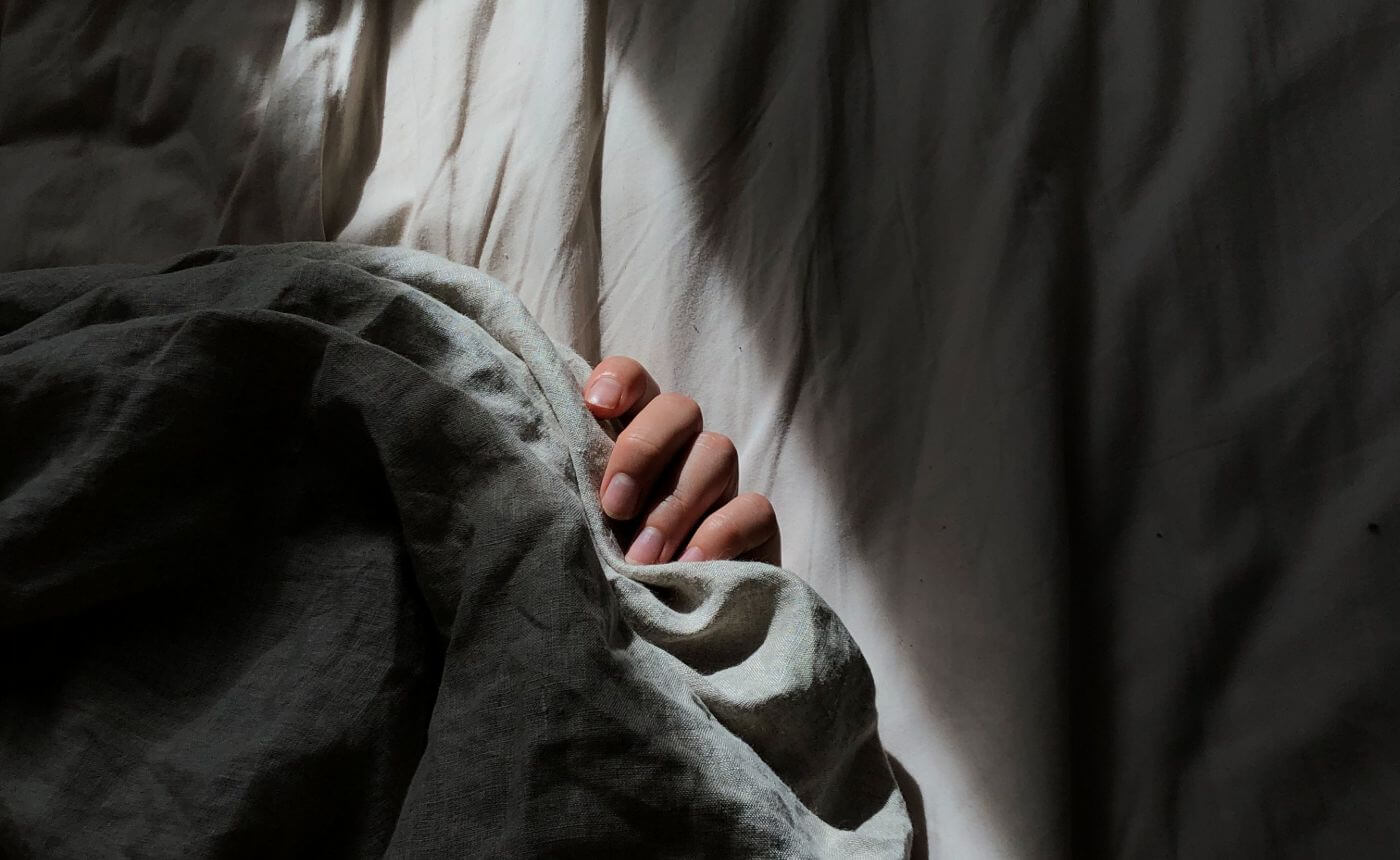I’m a university student and this week is my deadline week. So, you can imagine how much sleep I’m getting. (Spoiler: it’s not much).
Most nights this week have consisted of me being hunched over my laptop until about 2am, frantically trying to reference my essays. I’m hopeful that, after this week, I’ll be able to get some better rest.
There are lots of reasons why some of us might not be sleeping properly. For me, it’s been the stress of hitting my deadlines on time. For others, it might be a traumatic personal experience. A tough day at work or university. Insomnia. Or maybe you’re working yourself to the point of burnout.
Whatever the reason is, not getting enough sleep can be tough and it often impacts our lives and routines.
For some people, lack of sleep can produce unwanted side effects, such as sleep deprivation-induced hallucinations – this is mainly prevelant in people who haven’t slept for days, or who have experienced chronic insomnia.
In fact, 80% of people will eventually have experienced hallucinations depending on the length of sleep deprivation.

Experiencing hallucinations can be both confusing and strange. And unfortunately, without sleep, they are quite common.
So, what are hallucinations, and why might they happen when we haven’t slept?
According to the NHS, hallucinations may involve ‘seeing or hearing things that are not real.’
And VeryWell describes hallucinations as ‘the perception of something that is not really present in the environment, as opposed to an illusion – which is the misinterpretation of something that is present.
Many people who have experienced sleep-deprived hallucinations experience them just as they are falling asleep or waking up.
Most reports suggest that these hallucinations happen whilst we’re in bed. For example, some have described seeing a ghost-like person in their room, or a moving object.
If you’ve experienced something like this, don’t panic. In themselves, hallucinations aren’t harmful to you.
Hallucinations aren’t always caused by sleep deprivation, although it shouldn’t be ruled out.
Some people with visual impairments, for instance, are more susceptible to experiencing them.
Medication can occasionally induce hallucinations, as can excessive alcohol or drug-use.
Mental illnesses, such as schizophrenia, are linked to experiencing hallucinations, however, people with schizophrenia may also experience auditory hallucinations – such as hearing voices. It’s also important to note that this article is purely about sleep-deprived hallucinations, and that we are in no way referring to those caused by mental illness.
Studies have shown that lack of sleep – whether it’s a persisting problem, or you’ve just had a one-off restless night – can cause hallucinations.
This can explain why we might experience them when we’ve not slept. What happens when we’re sleep-deprived is that our perception is significantly altered because we’re so tired.
Being tired can disturb the way our brain visually processes things which ‘results in false perceptions that can manifest as hallucinations,’ according to research at Stanford University.
In the same research, Stanford University reported on a study that was conducted at the National University of Singapore.
Its focus was on sleep-deprived university students and, well, I relate.
In the study, twenty-seven undergraduate students had an MRI scan while engaging in a visual retention task.
In the first experimental stage, the students were well-rested and had just had a good night’s sleep.
In the second stage of the experiment, the students had to perform another visual retention task but, this time, they’d had little sleep. It’s not surprising that the results showed that the students were better at the visual task when they weren’t sleep-deprived.
They were better able to comprehend the visual tasks. Whereas, when they were sleep-deprived, they began perceiving objects that either weren’t there, or were mistaken.
While there are lots of side effects of sleep deprivation, including excessive tiredness, headaches and blurry vision, beginning to hallucinate is actually a very common response to serious lack of sleep.
It can also cause paranoia and disorientation.
However, recovery sleep fortunately ends these symptoms – though it doesn’t make them any less confusing or uncomfortable.
But if you do see something that isn’t there, and you haven’t been sleeping well, it may be time to get into bed and get some rest.
If your symptoms persist, despite getting enough sleep, you should book an appointment with your doctor, because it may be time for a futther look into what’s going on.



